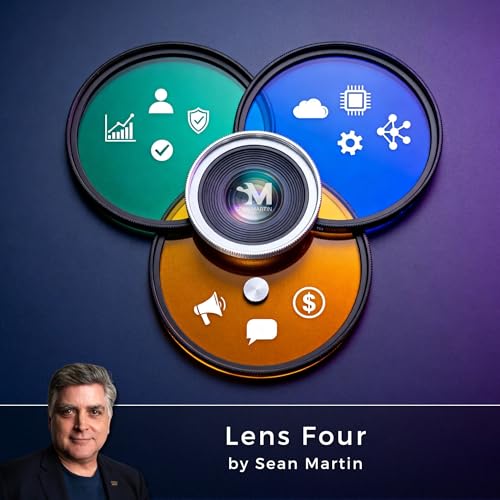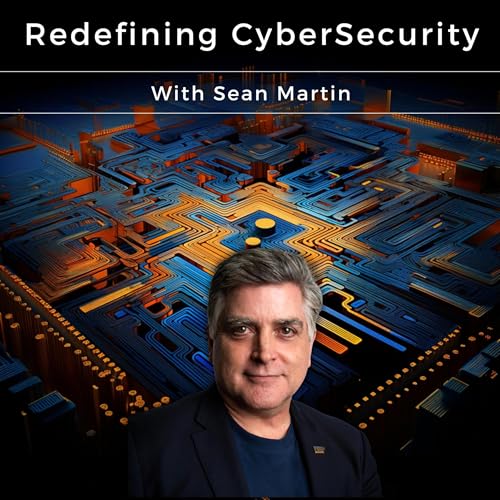What does it take to turn the dream of an autonomous SOC into something organizations can actually deploy? Subo Guha, Senior Vice President of Product Management at Stellar Cyber, joins Sean Martin to share how the company's AI-driven security operations platform is making that vision a reality. Stellar Cyber serves SOC teams across more than 50 countries, with a primary focus on MSPs and MSSPs supporting the underserved mid-market, though marquee enterprise customers like Canon are also part of the portfolio.
How can agentic AI change the way SOC teams handle alert overload? Guha describes what he calls a "digital army" of AI agents that work around the clock to automate alert triage and catch phishing attacks. The system filters 70 to 80 percent of incoming alerts, allowing analysts to focus on the 20 percent that matter most. With attackers using AI to launch faster and more frequent campaigns, Stellar Cyber takes a human-augmented approach, meaning the AI learns from analyst interactions and continuously guides the SOC team toward faster, more accurate remediation.
Why does this matter for MSPs operating on thin margins? Guha explains that the autonomous SOC capability layered on top of Stellar Cyber's XDR platform allows MSSPs to serve more customers, reduce mean time to repair, and grow their tenant base without proportionally increasing staff. When MSSPs grow revenue, Stellar Cyber grows alongside them, creating a mutually beneficial model that ultimately means more organizations get protected.
This is a Brand Highlight. A Brand Highlight is a ~5 minute introductory conversation designed to put a spotlight on the guest and their company. Learn more: https://www.studioc60.com/creation#highlight
GUEST
Subo Guha, Senior Vice President of Product Management, Stellar Cyber @LinkedIn
RESOURCES
Learn more about Stellar Cyber: https://stellarcyber.ai
Are you interested in telling your story?
▶︎ Full Length Brand Story: https://www.studioc60.com/content-creation#full
▶︎ Brand Spotlight Story: https://www.studioc60.com/content-creation#spotlight
▶︎ Brand Highlight Story: https://www.studioc60.com/content-creation#highlight
KEYWORDS
Subo Guha, Stellar Cyber, Sean Martin, brand story, brand marketing, marketing podcast, brand highlight, autonomous SOC, agentic AI, security operations, XDR, NDR, MSSP, MSP, alert triage, AI-driven security, Open XDR, Gartner Magic Quadrant, phishing detection, SOC automation
Hosted by Simplecast, an AdsWizz company. See pcm.adswizz.com for information about our collection and use of personal data for advertising.
 14 m
14 m 26 m
26 m 32 m
32 m 52 m
52 m 27 m
27 m 7 m
7 m 34 m
34 m 8 m
8 m
